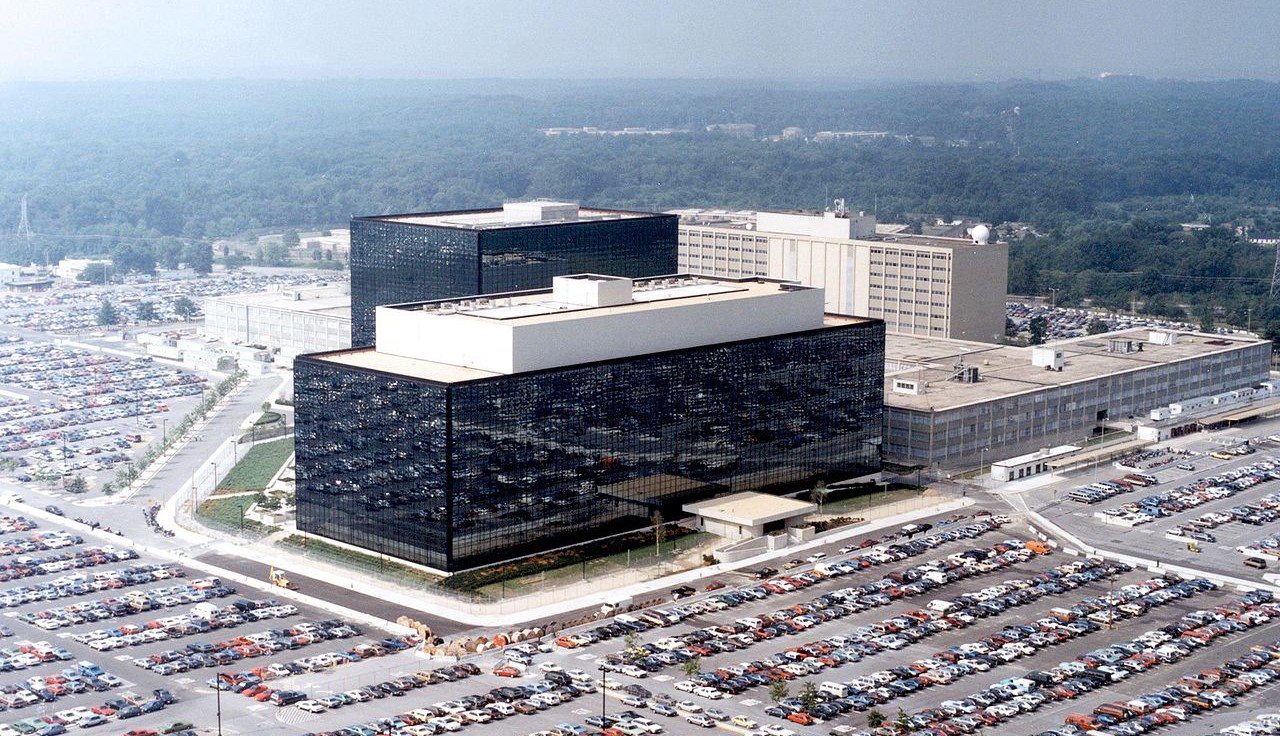Forgetting the Orwellian aspects of the NSA surveillance program (and you shouldn’t), this story has been pretty fun. Some have labeled NSA leaker Edward Snowden a hero, while House Speaker John Boehner called him a traitor. Rand Paul announced he is suing the federal government. Times columnist David Brooks, after applying some pop psychology to Snowden, concluded that this incident exemplifies how young people don’t trust institutions anymore. People like New Yorker contributor Jeffrey Toobin and Wire creator David Simon, not your usual supporters of the surveillance state, have defended the NSA and criticized Snowden.
Simon’s piece is especially interesting, and he lays out a good case why this program is not a big deal. The NSA is only capturing information about who calls whom and when, not recording the calls themselves. As Simon notes, this is an accepted police tactic. This program is allowed under current law. There was oversight of the program by Congress and the secret Foreign Intelligence Surveillance (FISA) Court.
But concerns over the NSA’s activities cannot be brushed aside so easily. Some Congresspeople have said they were unaware of the program’s existence. The FISA court has only denied warrants sought by the government a minuscule 0.03% of the time. This lack of meaningful oversight is one of the main problems with the current NSA surveillance program, and with many current national security policies. As any middle school social studies student will tell you, checks and balances are a hallmark of American democracy.
The other issue with the NSA’s actions is the level of secrecy. There are legitimate government secrets, and you can argue that this program should be one of them. But the lack of oversight, combined with the massive scale of this program and the amount of data collected from American citizens, means it’s important to have a conversation about it.
It’s worth looking at a domestic security program when thinking about how to handle the NSA program. New York City police use a tactic called “stop and frisk” to question people on the street that they have a reasonable suspicion may have committed a crime. Opponents have criticized the program because it overwhelming targets black and Latino citizens. Proponents note the dramatic fall in New York’s crime rate over the last decade. The tactic has been subject to legal action that has forced the police to clarify and restrict their procedures. The current mayoral election in New York has included debates about stop and frisk, with most Democratic candidates opposed.
The NSA program and stop and frisk are not entirely comparable. It’s hard for the New York police to hide a program happening on the city streets. There is a legitimate case that antiterrorism activities need a greater level of secrecy to succeed. But both programs involve a trade-off between liberty and security. Like with stop and frisk, NSA proponents argue that the program has been successful and stopped dozens of attacks. But stop and frisk is being overseen by the courts and debated in the political process. The NSA’s activities have not been, until now.
Making such programs public will decrease their effectiveness. But isn’t it reasonable to assume that terrorists – or at least the most skilled and dangerous ones – already assume they’re under surveillance? Will this disclosure change their behavior that much?
In his speech responding to the NSA leak, President Obama said:
But I think it’s important to recognize that you can’t have a hundred percent security and also then have a hundred percent privacy and zero inconvenience. You know, we’re going to have to make some choices as a society.
This is exactly right. But by classifying these programs and denying their existence, the only people that get to make those choices are some White House staff and a handful of Congresspeople. Our society hasn’t been able to have that debate. Sometimes security does mean sacrificing liberty. But sometimes our commitment to liberty means that the national security apparatus must work harder to find ways of protecting us that don’t infringe on our privacy.

A fair point. But I think if the approval rate is going to be that high, there has to be some disclosure by the court as to what standards it’s using to render judgment on these application. This way we can be comfortable that all these approved warrants meet that baseline.
The fact that FISA approves nearly all applications presented to it by the government doesn’t mean that it blindly approves every request. In fact, many applications undergo serious revision before approval.
Interesting article from Morning Edition yesterday (13 June): http://www.npr.org/2013/06/13/191226106/fisa-court-appears-to-be-rubberstamp-for-government-requests